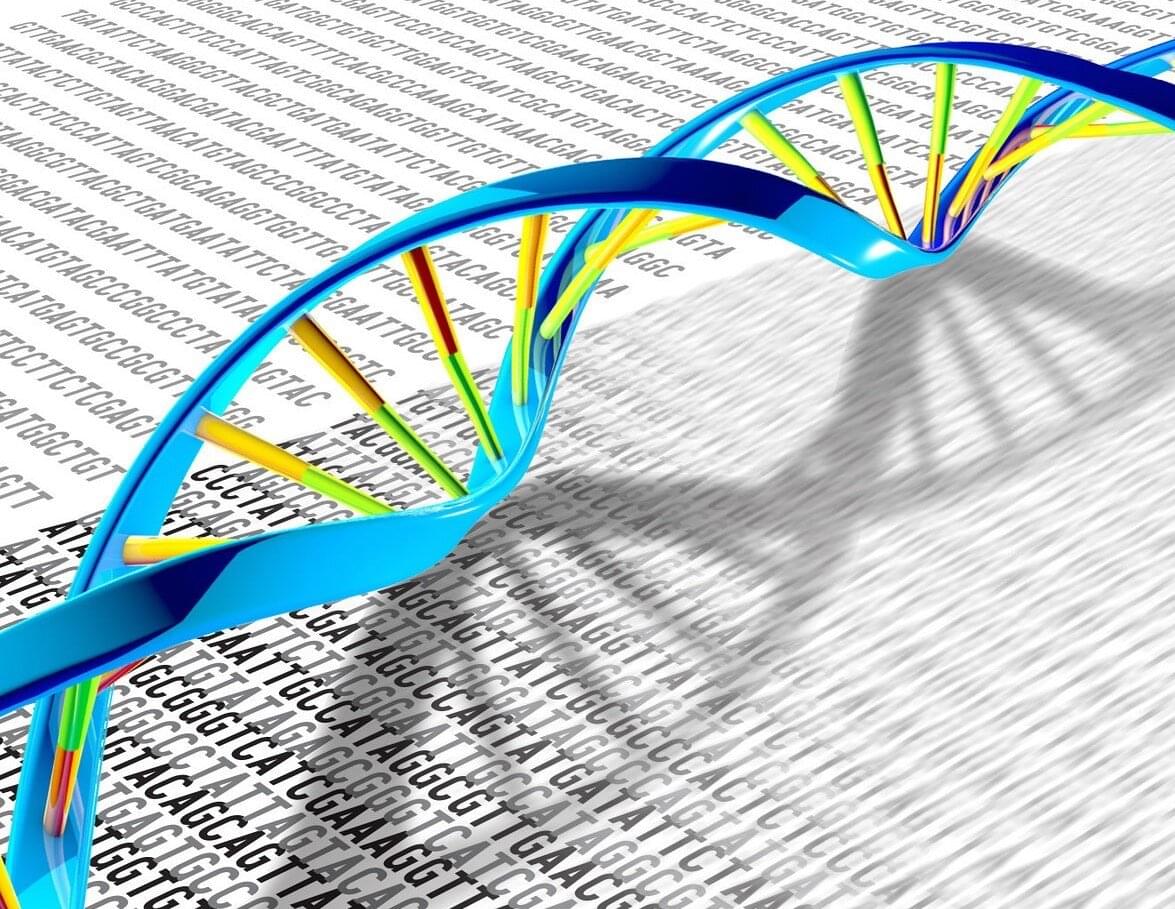Researchers have identified how variations in a gene called TRIO can influence brain functions and result in distinct neurodevelopmental diseases. The study, published in the journal eLife, could pave the way for future therapeutic developments.
TRIO encodes a diverse group of proteins that control the function and structure of the cytoskeleton—a cell’s internal scaffolding. Rare damaging variants in this gene have been identified in individuals with intellectual disability, autism spectrum disorder, schizophrenia, and related disorders. However, the mechanisms underlying the associations aren’t yet understood.
“It’s really extraordinary that different variants in this single gene can have such dramatically different effects on brain development and function,” says Anthony Koleske, Ph.D., Ensign Professor of Molecular Biophysics and Biochemistry at Yale School of Medicine (YSM) and the study’s senior author.
